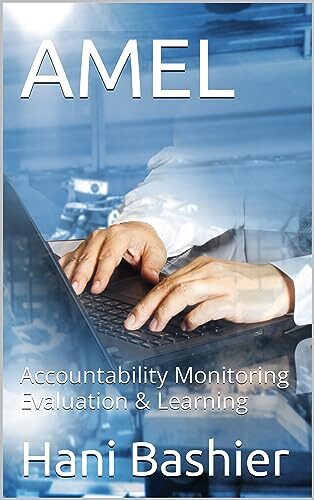Uncovered Areas in Monitoring, Evaluation, Accountability, and Learning: Exploring Untapped Opportunities for Enhancing Development Practice
Monitoring, Evaluation, Accountability, and Learning (MEAL) is a crucial aspect of development practice, ensuring that interventions are efficient, effective, and responsive to the needs and interests of the communities they serve. Despite the growing attention and investment in MEAL, there are still several uncovered areas that require further exploration and research. In this unique and […]






